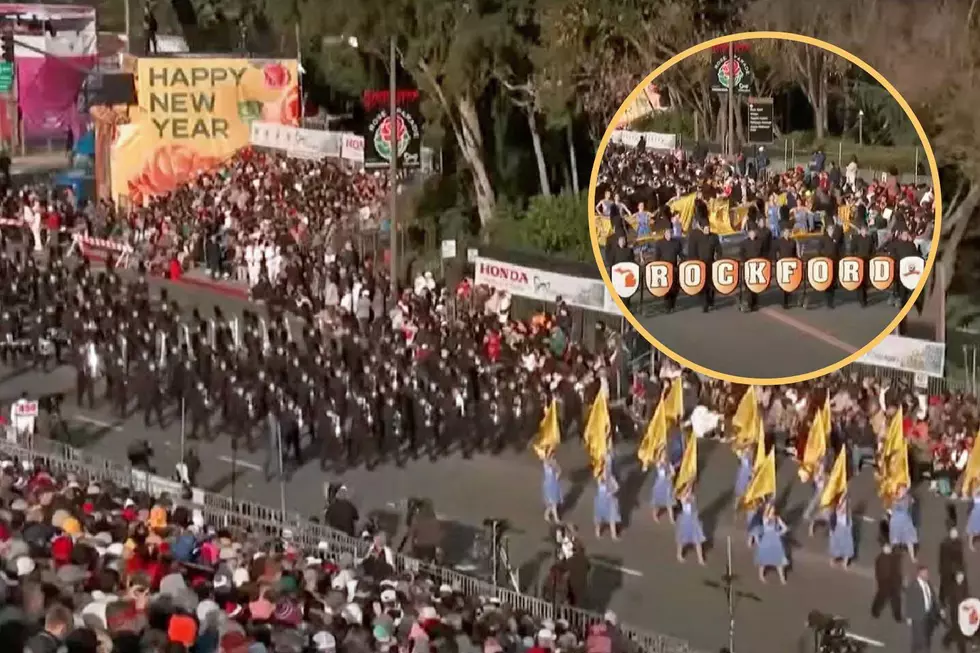![Happy Festivus! [Video]](http://townsquare.media/site/46/files/2014/12/138357175-1.jpg?w=980&q=75)
Happy Festivus! [Video]
According to a 1997 episode of the television comedy, Seinfeld, December 23 marks the holiday of Festivus, which was, according to the show, contrived by George Costanza's dad, Frank.
But Festivus has actually been around longer than that episode. Get out your pole and your list of grievances, Festivus time is here!
The holiday actually originated in the home of Seinfeld writer Dan O'Keefe, who's equally eccentric father conceived Festivus in 1966 according to Wikipedia:
In the original O'Keefe tradition, the holiday would take place in response to family tension, "any time from December to May". The phrase "A Festivus for the rest of us" also derived from an O'Keefe family event, the death of Daniel O'Keefe's mother.
In 1982, Daniel O'Keefe wrote a book, Stolen Lightning: The Social Theory of Magic, that deals with idiosyncratic ritual and its social significance, a theme relevant to Festivus tradition.
The word Festivus in this sense was coined by O'Keefe, and according to him the name "just popped into my head". The English word festive derives from Latin"festivus", which in turn derives from festus "joyous; holiday, feast day".
Although the first Festivus took place in February 1966, as a celebration of Daniel O'Keefe's first date with his future wife, Deborah, it is now celebrated on December 23, as depicted in a Seinfeld episode written by O'Keefe's son.
When it aired on Seinfeld, the holiday picked up some new traditions, as well, as clinging to some of the old. As described by Frank Costanza, the basic tenets of Festivus are as follows:
The Festivus Pole: The Costanzas' tradition begins with an aluminum pole, which Frank praises for its "very high strength-to-weight ratio." During Festivus, the unadorned Festivus Pole is displayed. The pole was chosen apparently in opposition to the commercialization of highly decorated Christmas trees, because it is "very low-maintenance," and also because the holiday's patron, Frank Costanza, "finds tinsel distracting."
The Airing of Grievances: At the beginning of the Festivus dinner, each participant tells friends and family of all the instances where they disappointed him or her that year. As quoted from Frank Costanza: "I've got a lot of problems with you people, and now you're going to hear about it!"
Festivus dinner: A celebratory dinner is held on the evening of Festivus prior to the Feats of Strength. In the episode the meal appeared to be meat loaf or spaghetti in a red sauce. No alcohol was served, but George Costanza's boss, Mr. Kruger, drank from a flask.
The Feats of Strength: After the dinner, the head of the household tests his or her strength against one participant of the head's choosing. Festivus is not considered over until the head of the family has been pinned. However, a participant may be allowed to decline to attempt to pin the head of the household only if they have something better to do instead.
The word has started to gain meaning beyond its original definition. For instance, when head coach Brian Billick told his players they could not use the word "playoffs" when talking to the press, Spencer Falou and several other players began using the word "Festivus" or "Festivus Maximus" instead. To this day, whenever the Ravens get into the NFL playoffs, Baltimoreans refer to it as "Festivus".
More From 98.7 WFGR









